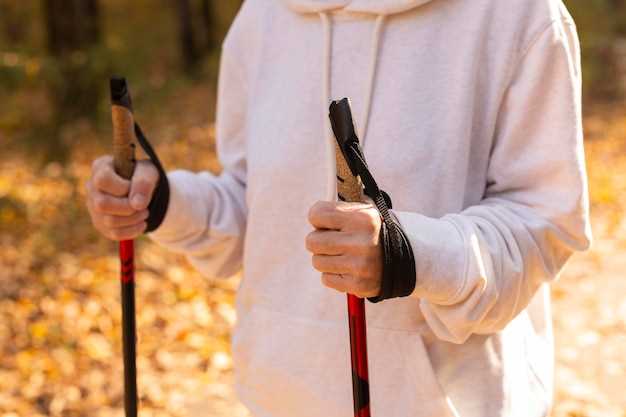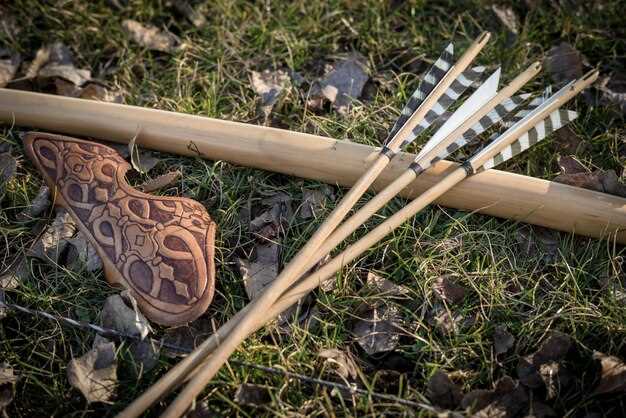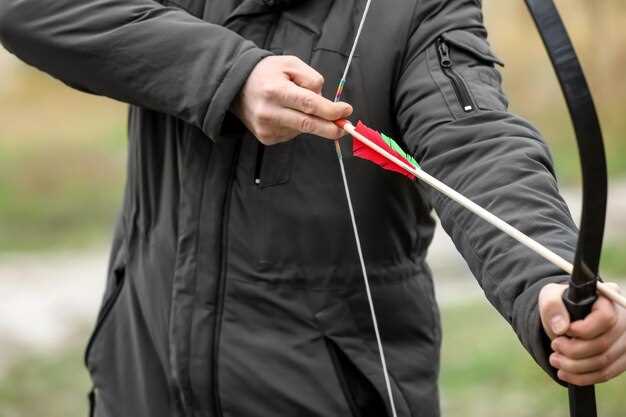
When it comes to backcountry bowhunting, the right gear can make all the difference. Among the essential accessories, a high-quality quiver stands out not only for its functionality but also for its ability to enhance your hunting experience. A reliable quiver keeps your arrows secure while ensuring easy access in the often rugged and unpredictable terrains of the backcountry.
Choosing the right quiver is critical for every backcountry hunter. The best quivers combine lightweight materials, durability, and effective storage solutions to withstand the rigors of remote hunting trips. They also need to accommodate various arrow types and sizes, ensuring that they don’t hinder movement or access while trekking through challenging landscapes.
This article explores some of the top quivers specifically designed for backcountry bowhunting adventures. We’ll assess their features, construction, and usability to help you find the perfect option that meets your needs. Whether you’re heading into deep wilderness or navigating steep hills, having the right quiver can significantly elevate your hunting game.
Choosing the Right Quiver for Remote Hunting Locations

Selecting the ideal quiver for backcountry bowhunting requires careful consideration of several factors that directly impact your hunting experience. When venturing into remote locations, the quiver’s weight, capacity, and accessibility are paramount. A lightweight design ensures you can maneuver easily without being bogged down, especially during long treks to your hunting spot.
The capacity of the quiver is crucial as well. Depending on your hunting strategy, you may want a quiver that holds multiple arrows. This allows for quick reloads in scenarios where multiple shots may be necessary. Additionally, some hunters prefer quivers that offer extra storage for essential accessories, like broadheads or tools, which can also be a significant advantage in the field.
Accessibility is another essential feature to consider. A quiver that allows for easy arrow retrieval without taking your eyes off potential game can make all the difference. Look for quivers that provide a secure but swift method of accessing your arrows, as this can enhance your readiness during crucial moments.
Lastly, durability is vital in remote hunting locations. The quiver should withstand various environmental elements such as rain, mud, and rough handling. Selecting materials that are both lightweight and robust can ensure your quiver endures the rigors of backcountry hunting while keeping your gear safe and secure.
Lightweight vs. Durable: What to Consider for Extended Trips
When it comes to backcountry bowhunting, selecting the appropriate quiver is crucial, especially for extended trips. The balance between lightweight and durability can significantly affect your overall experience in the field. Both options have unique benefits and drawbacks that hunters need to consider carefully.
Lightweight quivers are often made from advanced materials that provide minimal weight without sacrificing performance. For long treks in the backcountry, every ounce counts, and a lighter quiver allows for better mobility and energy conservation. If you’re planning to cover extensive distances, a lightweight option can reduce fatigue, enabling you to stay focused and successfully pursue your targets. However, the downside is that these designs may compromise on durability, making them susceptible to damage in rough terrains or unexpected encounters.
On the other hand, durable quivers are built to withstand the rigors of harsh environments. Constructed from robust materials, they can endure impacts, extreme weather conditions, and prolonged use. For backcountry adventures where you may encounter unpredictable circumstances, having a durable quiver can be a lifesaver, as it offers protection to your arrows and equipment. The trade-off, however, is increased weight, which could lead to quicker fatigue during long hikes.
In choosing between lightweight and durable options, consider the length of your trips, the terrain you’ll navigate, and personal preferences for weight versus security. For shorter excursions in less challenging environments, a lightweight quiver might suffice. Conversely, for longer backcountry trips where reliability is paramount, investing in a more durable quiver could be the wiser choice. Ultimately, finding the right fit for your adventure style will enhance your backcountry hunting experience.
Features to Look For: Accessibility and Attachment Options

When selecting a quiver for backcountry bowhunting, accessibility and attachment options are crucial features that greatly impact your overall hunting experience. A well-designed quiver should allow for quick and easy access to your arrows while you are in the field. This can be especially important during a hunt when every second counts. Look for quivers that offer easy one-handed access to arrows, enabling you to stay discreet and ready at all times.
Attachment options also play a significant role in your quiver choice. Ensure that the quiver you consider can be securely attached to your bow or your body, depending on your preference. Some quivers come with versatile mounting systems that allow for multiple attachment points, making it possible to customize the fit based on your gear and personal comfort. This adaptability can make a significant difference, particularly on long treks in rugged terrain.
Additionally, consider the weight and balance of the quiver. A lightweight quiver that maintains balance on your bow will help reduce fatigue during extended hunts. Some advanced models feature quick-release mechanisms, allowing for swift detachment when you need to reposition or carry your bow without the quiver. Opt for a quiver that not only meets your accessibility needs but also complements the overall functionality of your bow setup.
In summary, prioritize both accessibility and attachment options when selecting a quiver for your backcountry adventures. A functional quiver will enhance your ability to respond quickly and efficiently, ultimately contributing to a successful and enjoyable hunting experience.



